As the UN predicts that the world’s population will reach 10.3 billion by 2080, Africa is emerging as the main driver of this demographic growth with a population of around 1,494,994 inhabitants and a growth rate of 23.3%. This trend raises crucial questions about the continent’s future and its role in the global balance.
Unlike many regions of the world that will experience demographic decline, several African countries, including Nigeria with 219,463,862 inhabitants, Ethiopia with 110,871,031 inhabitants, Egypt with 106,437,241 inhabitants, the Democratic Republic of Congo with its 105,044,646 inhabitants, followed by Tanzania with 62,092,761 inhabitants, South Africa with its population of 56,978,635 inhabitants, and Algeria with its 45,190,000 inhabitants, are expected to see their populations double between 2024 and 2054. This rapid growth presents both challenges and opportunities for the continent.
The challenges are numerous: how to ensure education, health, and employment for this growing population? How to manage increasing urbanization and guarantee sustainable development? African governments will need to implement innovative policies to address these issues.
However, this demographic growth also offers unique opportunities. With a young and dynamic population, Africa could benefit from a « demographic dividend, » boosting economic growth and innovation. Moreover, as many developed countries face an aging population, Africa could become a reservoir of talent and labor for the global economy.
This demographic shift could also strengthen Africa’s geopolitical weight on the international stage. With an increasing share of the world’s population, African countries could have a stronger voice in international forums and influence global decisions more effectively.
Nevertheless, to fully harness this potential, African countries will need to overcome major challenges in terms of infrastructure, education, and governance. Regional and international cooperation will play a crucial role in the success of this demographic transition.
Ultimately, how Africa manages this demographic growth will have repercussions not only on the continent but on the entire planet. Africa’s future will be, more than ever, closely linked to the future of the world. R.I.








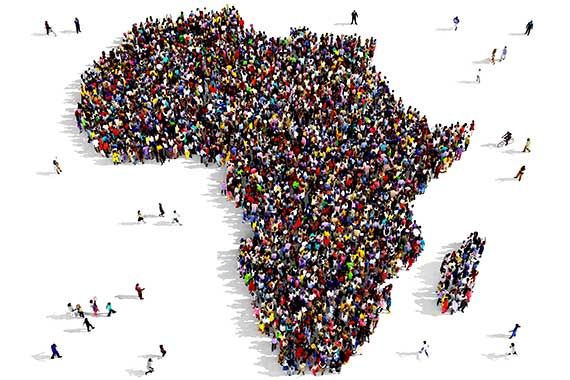


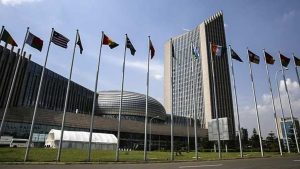
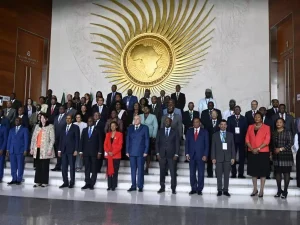




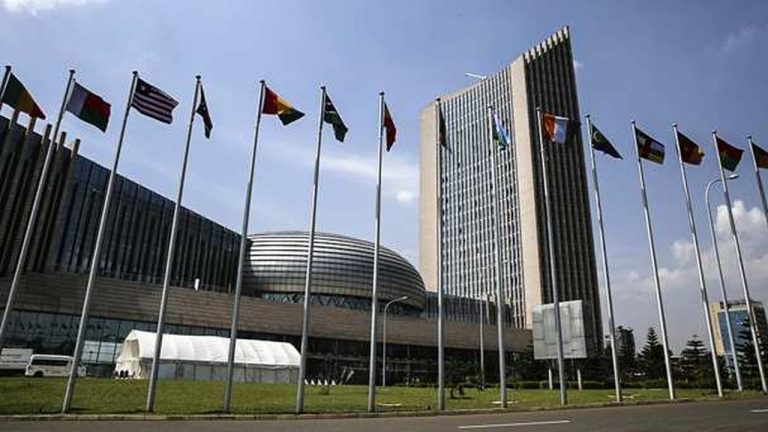
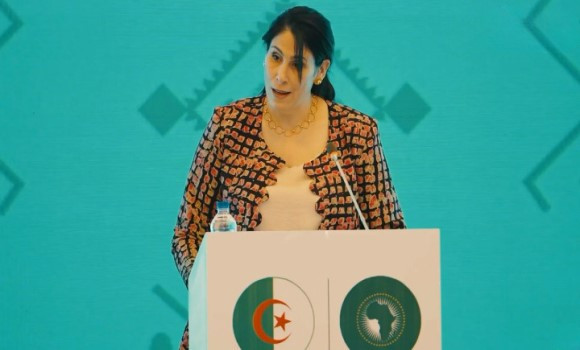
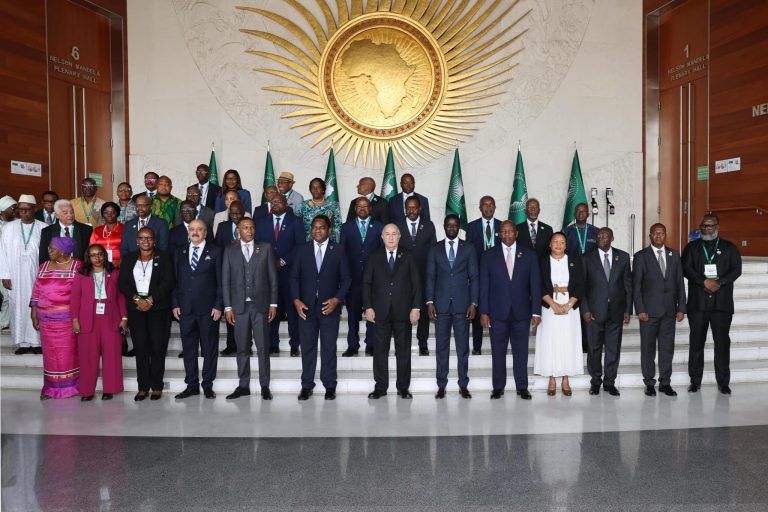
+ There are no comments
Add yours